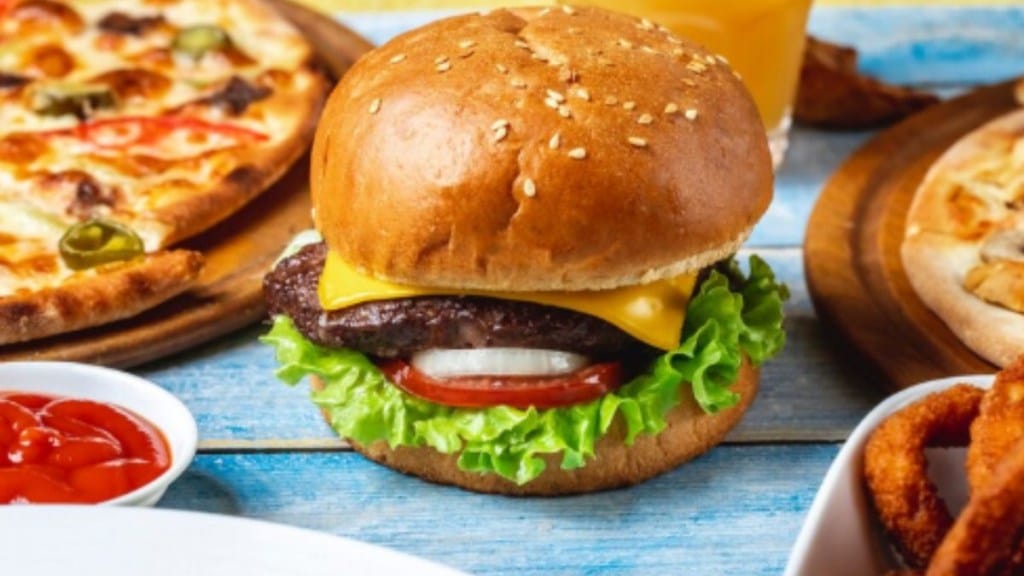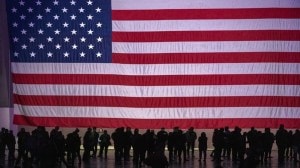Recently, the Union Health Ministry asked all central government institutions, including hospitals like AIIMS Nagpur, to put up “oil and sugar boards” in their cafeterias and public spaces. These posters will display the amount of fat, oil, and sugar present in everyday snacks. This move aims to make people more aware of the hidden calories in these common Indian snacks to make better choices.
This is also a step towards tackling obesity and non-communicable diseases, which are rising across India. With more people choosing quick snacks over home-cooked meals, the government hopes to educate people through this and make them choose wisely.
Not just samosas and jalebis
However, while the Indian street snacks like samosas and jalebis are oily and high in sugar, Shiv Sena (UBT) MP Milind Deora questioned why only Indian food is being targeted and not other unhealthy snacks?
“If the government wants to regulate jalebi and samosa, then burgers, pizzas, and doughnuts should also face similar rules,” Deora said in an interview with ANI. “If we regulate small street vendors, then multinational chains like McDonald’s must be held to the same standard,” he further added.
Obesity is a serious issue in India
Deora said that he supports the government’s intention to reduce obesity in India, but wants rules to be applied fairly.
“Obesity is a big issue in India and will soon become a major social and economic problem,” he said. “I thank Prime Minister Narendra Modi for starting a national anti-obesity campaign. But we must treat both Indian and foreign junk food equally,” he further said,
He added that Western food culture is driven by fast food chains, which is contributing to rising obesity rates in India.
Why this move?
Health experts say this is a much-needed step, as India is facing a growing obesity crisis. By 2050, more than 44.9 crore Indians are expected to be overweight or obese, making India the second most affected country after the US.
Right now, about 1 in 5 urban adults in India is overweight. Doctors are also seeing a rise in childhood obesity, caused by poor diet and low physical activity.
“This is not about banning food,” said Dr. Sunil Gupta, a senior diabetologist. “But if people knew that one gulab jamun may contain five teaspoons of sugar, they might think twice before eating another.”
Menus in government institutions may also see a shift toward healthier items like fruits, vegetables, low-fat meals, and less processed foods.
Whether it’s a street-side samosa or a drive-thru burger, the message is clear: it’s time to eat smarter and live healthier.







